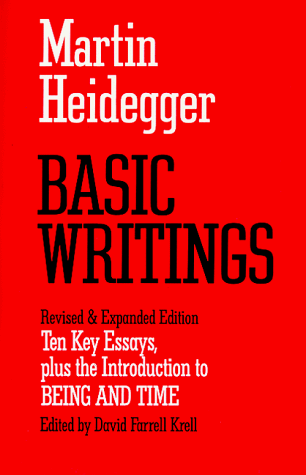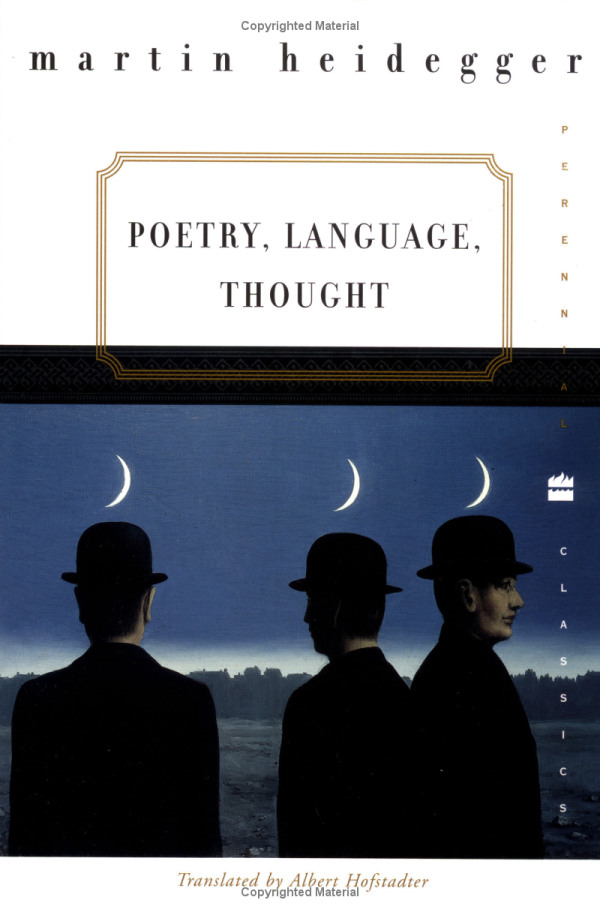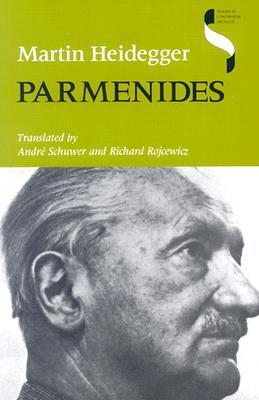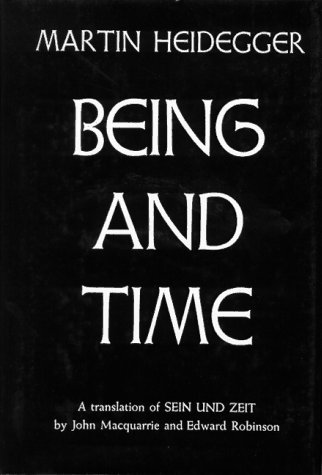
The Question Concerning Technology and Other Essays
Book Description
What if technology isn't just a tool but a force shaping humanity's very essence? In 'The Question Concerning Technology and Other Essays,' Martin Heidegger unveils the hidden truths behind our mechanized world, challenging the roots of modern existence. With each essay, he pushes boundaries, revealing how technology transforms thought, culture, and our connection to nature. As the complexities of our digital age unfold, the tension rises: are we masters of our inventions, or are we becoming their mere instruments? This exploration ignites a critical inquiry: can humanity reclaim its essence in an era dominated by relentless technological advancement?
Quick Book Summary
In 'The Question Concerning Technology and Other Essays,' Martin Heidegger examines the profound effects technology has on human existence, thought, and culture. Far from being a mere collection of tools, technology, for Heidegger, is a way of revealing—the lens through which the modern world orders itself and nature. He explores how this technological mode of being determines not only how we manipulate the world, but also how we perceive reality and ourselves. Heidegger warns that humanity’s increasing immersion in technological thinking risks reducing all entities, including humans, to mere resources. The volume’s essays probe technology’s philosophical, historical, and existential implications, urging a more thoughtful engagement with its essence. Heidegger ultimately seeks to reawaken a deeper understanding of being, so that humanity might reclaim its authentic relation to the world amid technological dominance.
Summary of Key Ideas
Table of Contents
Technology as a Mode of Revealing
Heidegger begins by challenging conventional views of technology. Rather than seeing technology simply as a collection of tools or technical progress, he insists it is a fundamental mode of revealing—a way humans disclose or uncover truth in the world. This "revealing" shapes our perception, dictating what comes into being for us. Modern technology, in his account, is distinctive from older forms because it orders and controls nature, demanding everything be available as a resource. This outlook conditions not only production and industry, but also how we think about knowledge, reality, and our place in the world.
The Danger of Enframing
A significant concept introduced by Heidegger is "enframing" (Gestell), a way of ordering in which the world and all entities, including humans, are set upon and seen as resources standing by for use. Enframing is more than material exploitation—it is a metaphysical attitude that reduces beings to mere objects of manipulation and calculation. Heidegger identifies a danger here: when everything is viewed through technological enframing, we risk losing sight of other ways of being and relating to the world, such as mystery, wonder, or reverence.
Human Beings as Resources
One of Heidegger’s most provocative claims is that humans themselves are subject to the logic of technological enframing. Rather than being the masters of technology, people risk becoming mere resources—"human resources"—ready to be ordered and utilized. This transformation is subtle but far-reaching, as it seeps into daily life, relationships, and even self-understanding. Heidegger warns that an uncritical embrace of technological thinking alienates us from our true essence and from possibilities of more genuine existence.
Recovering Authenticity in a Technological Age
Heidegger does not simply condemn technology, but seeks paths for a more mindful engagement. He suggests that by recognizing the essence of technology—seeing how it shapes and limits our revealing—we may begin to free ourselves from its dominance. This requires cultivating awareness, resisting the compulsion to see everything as a resource, and remaining open to other ways of encountering the world. He encourages reflection on the destining of modernity and the potential for new forms of revealing.
Art as a Counterforce to Technology
Crucially, Heidegger identifies art as a vital counterforce to the technological mode. Whereas technology tends to fix and order, art can disclose truths and bring forth meanings that are hidden by technological enframing. Art offers a space for genuine revealing that resists reduction and encourages a more authentic relationship to being. By engaging with art, individuals and societies can reawaken sensitivity to the multiplicity and richness of reality beyond technological manipulation, thereby reclaiming a deeper sense of human essence.
Download This Summary
Get a free PDF of this summary instantly — no email required.





